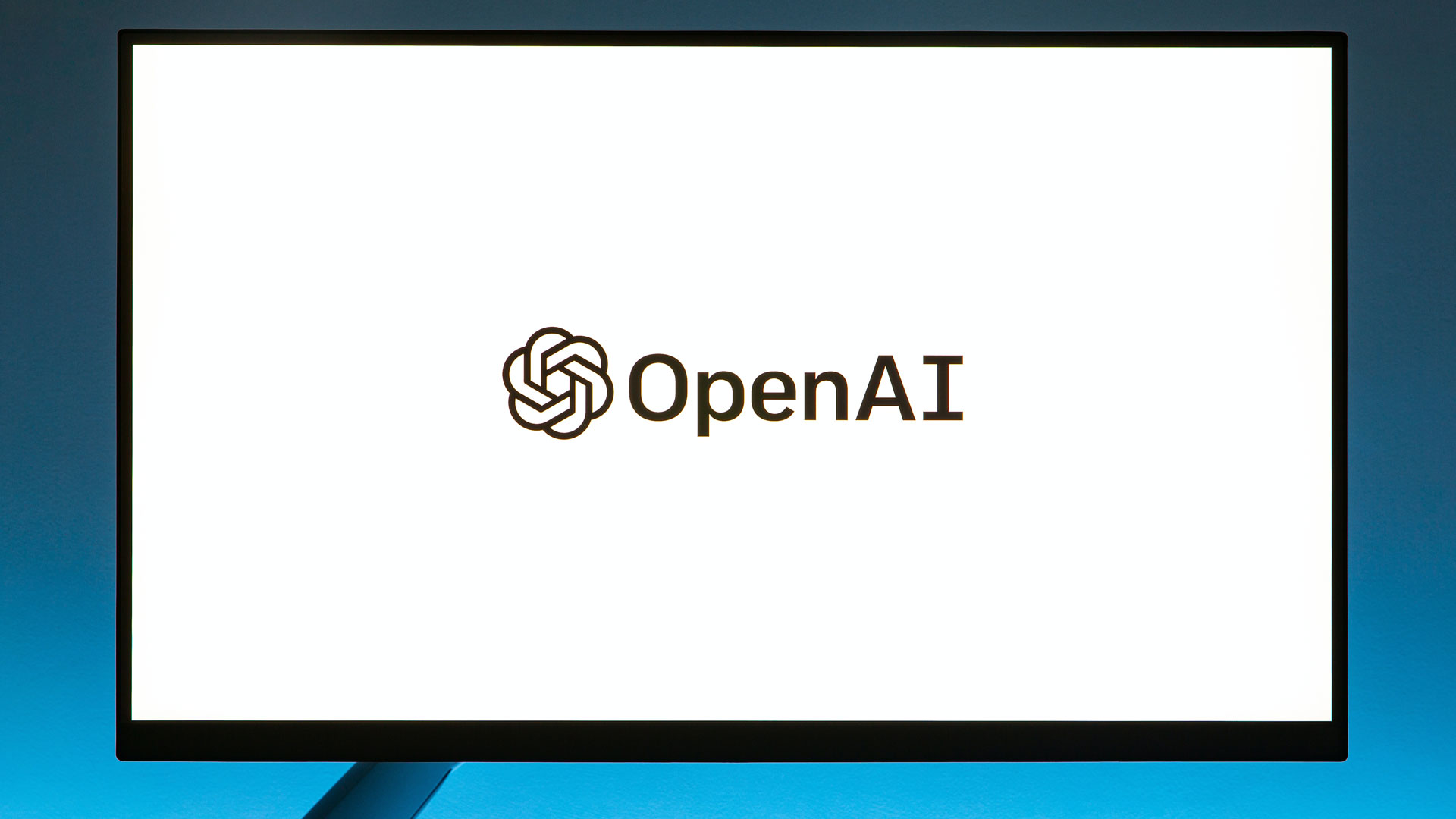Careers advice
How could ChatGPT help with your job application?
How can it help, and should you use it?
Last updated: 3 May 2023
What you’ll learn:
What is ChatGPT?
ChatGPT is currently free for anyone to use.
Writing your CV and cover letter using ChatGPT
ChatGPT can help you review your CV to check if you're making mistakes like overusing buzzwords.
A good middle ground
The drawbacks of using ChatGPT to help with your CV and cover letter
1. It was only trained up until 2021
2. It can create errors
3. It can big you up too much
4. It can be repetitive
Using ChatGPT to help with your interview preparation
Author
Other articles you might like





